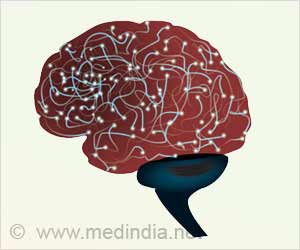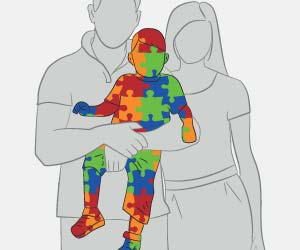From early prenatal development through childhood, the prefrontal cortex of the human brain undergoes plenty of developmental activity. In some cases, it also contains seeds of neuropsychiatric illnesses such as autism spectrum disorder and schizophrenia, reports a new study.

‘Genes can sow seeds of neuropsychiatric diseases such as autism disorder and schizophrenia before birth or in early childhood.
’





"This is the first large cohort to profile DNA and RNA both in prenatal and postnatal human brain samples, making it an unprecedented resource for understanding how individual genetic differences might lead to functional differences," said Yale's Sirisha Pochareddy, an associate research scientist in neuroscience and co-lead author of the study.Understanding how genetic variation and changes in function are linked will help scientists understand how alterations of brain development can lead to schizophrenia and autism later in life, said the authors of the study. Since the research tracked thousands of variants associated with thousands of genes across the entire genome, scientists can identify groups of genes that regulate distinct biological processes and study how they can lead to disease, they said.
"Human brain development is an incredibly complex and dynamic process, and any disruption along the way can have profound consequences on later brain function," said co-lead author Donna Werling, formerly of UCSF and now at the University of Wisconsin-Madison. "Interestingly, we found that some genetic variants have stronger effects on RNA expression before birth and other variants with strongest effects after birth."
Studying these age-specific effects can open more doors for learning about the mechanisms behind brain disorders, the authors said.
Source-Eurekalert















